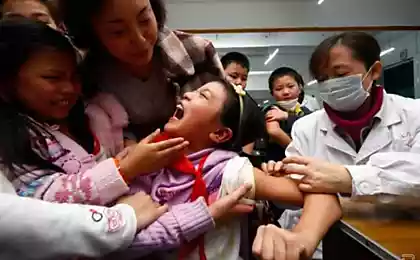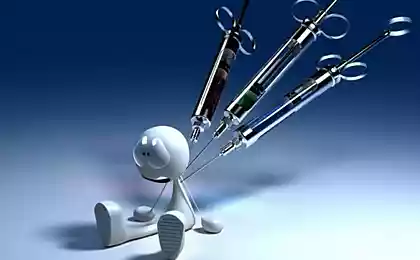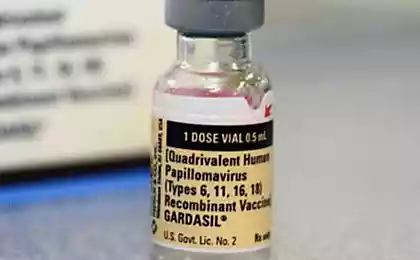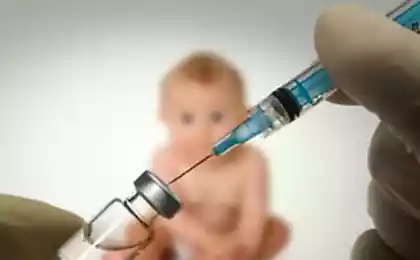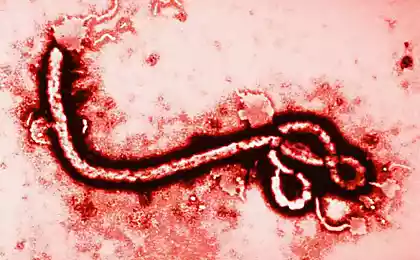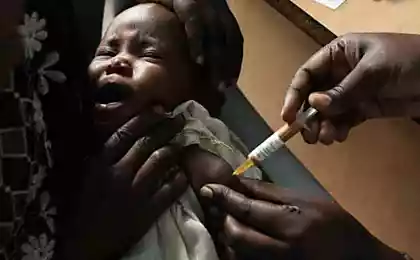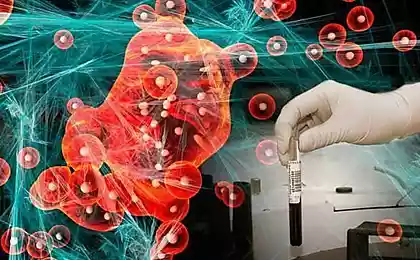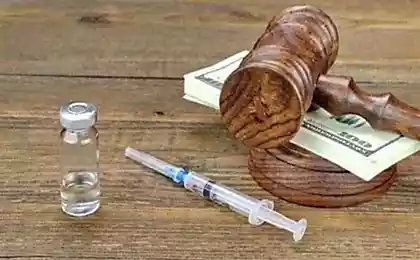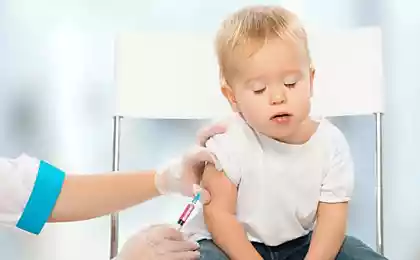201
U.S. begins first human trials of Ebola vaccine
Specialists from the National Institute of Allergic and Infectious Diseases of the United States (NIAI) announced their readiness to start testing an experimental vaccine against diseases caused by the Ebola virus on humans from September 1.
It is known that NIAI is part of the National Institutes of Health of America, whose representatives made a sensational statement.
It is reported that the experimental drug was created by one of the pharmaceutical giants - GlaxoSmithKline companies with the assistance of NIAI. The first vaccine will be given to 20 people who are part of a group of patients at a clinical center in Bethesda, Maryland.
After the suburbs of Washington, the UK will have the opportunity to test the drug. British doctors in September will test the drug on a larger group of a hundred people. The entire research process will be overseen by experts from the United States National Institutes of Health.
Anthony Fauci, the director of the NIAI, noted the urgent need for the drug. Despite the deadly danger of the virus, there is still no effective vaccine in the world that could effectively counter the threat of human infection.
Preliminary tests have shown that the vaccine does not pose a danger to humans. The mechanism of its action is to stimulate the human immune system so that it can independently resist the Ebola virus and effectively fight it.
So far, the most effective way to contain the spread of the deadly virus is to completely isolate infected people. People who are close to such patients, as well as the rest of the population, need to use protective masks, shoes, clothing and gloves in order to avoid the possible entry of the virus into the human body.
The vaccine should be not just a means of preventing the spread of the virus, but a powerful weapon to fight it, said Fauci. According to official WHO statistics, more than 1,500 people have died of Ebola virus disease. Another 3,000 people are under the care of doctors.
However, experts believe that the unofficial statistics are much worse. Outbreaks have been reported in poor regions where medical care is not yet adequate. It is possible that many people simply did not have time to see a doctor because of the very high mortality rate of the virus – up to 66%. The statistics may not reflect the full picture.
Source: zeleneet.com
It is known that NIAI is part of the National Institutes of Health of America, whose representatives made a sensational statement.
It is reported that the experimental drug was created by one of the pharmaceutical giants - GlaxoSmithKline companies with the assistance of NIAI. The first vaccine will be given to 20 people who are part of a group of patients at a clinical center in Bethesda, Maryland.
After the suburbs of Washington, the UK will have the opportunity to test the drug. British doctors in September will test the drug on a larger group of a hundred people. The entire research process will be overseen by experts from the United States National Institutes of Health.
Anthony Fauci, the director of the NIAI, noted the urgent need for the drug. Despite the deadly danger of the virus, there is still no effective vaccine in the world that could effectively counter the threat of human infection.
Preliminary tests have shown that the vaccine does not pose a danger to humans. The mechanism of its action is to stimulate the human immune system so that it can independently resist the Ebola virus and effectively fight it.
So far, the most effective way to contain the spread of the deadly virus is to completely isolate infected people. People who are close to such patients, as well as the rest of the population, need to use protective masks, shoes, clothing and gloves in order to avoid the possible entry of the virus into the human body.
The vaccine should be not just a means of preventing the spread of the virus, but a powerful weapon to fight it, said Fauci. According to official WHO statistics, more than 1,500 people have died of Ebola virus disease. Another 3,000 people are under the care of doctors.
However, experts believe that the unofficial statistics are much worse. Outbreaks have been reported in poor regions where medical care is not yet adequate. It is possible that many people simply did not have time to see a doctor because of the very high mortality rate of the virus – up to 66%. The statistics may not reflect the full picture.
Source: zeleneet.com

